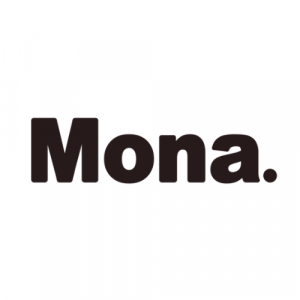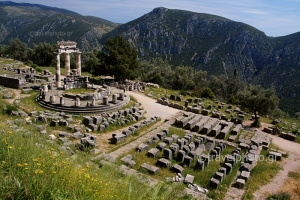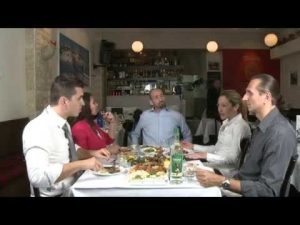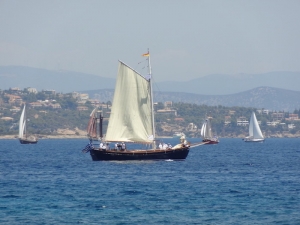XpatAthens
Mona Athens – A Unique Boutique Venue In Psirri

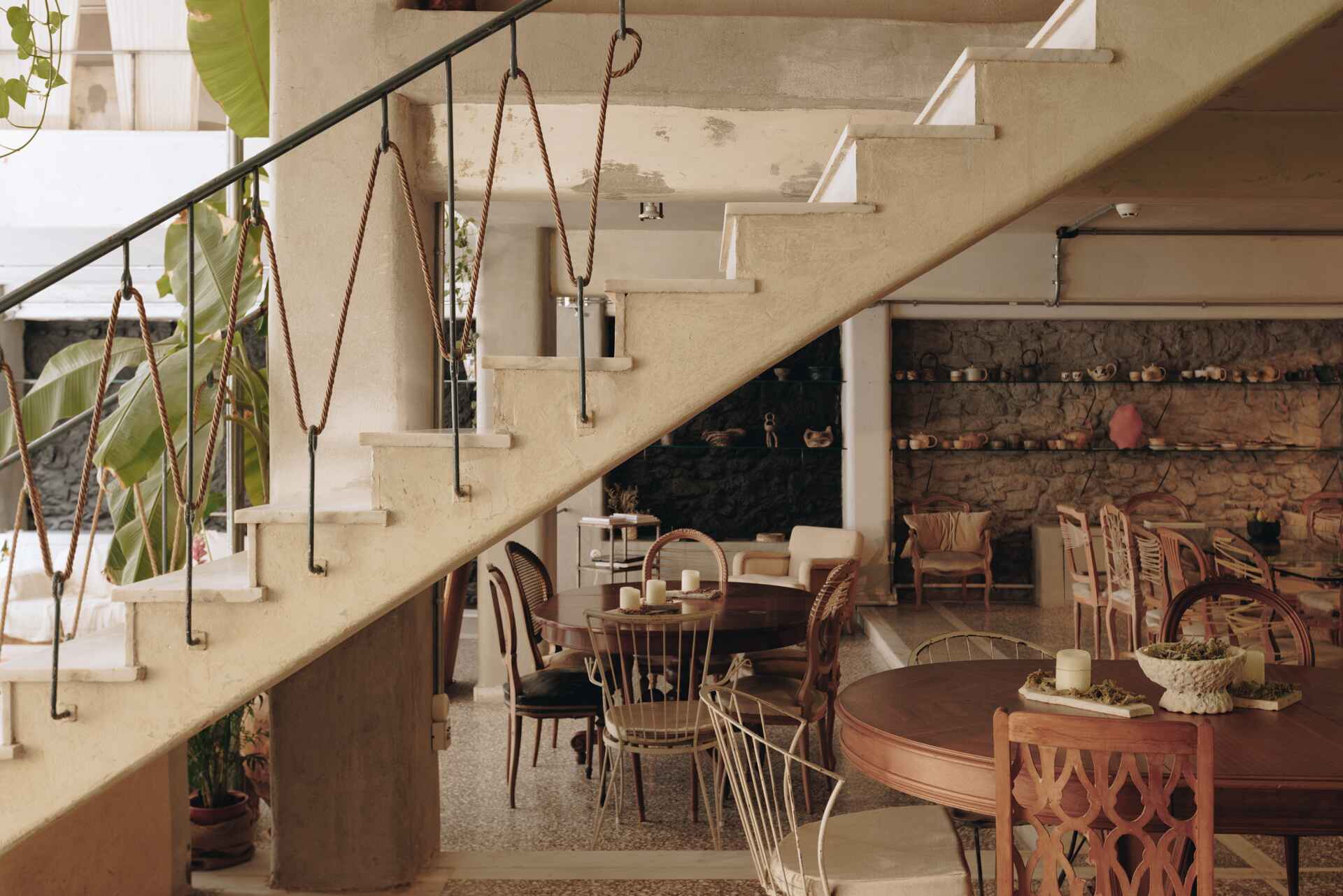

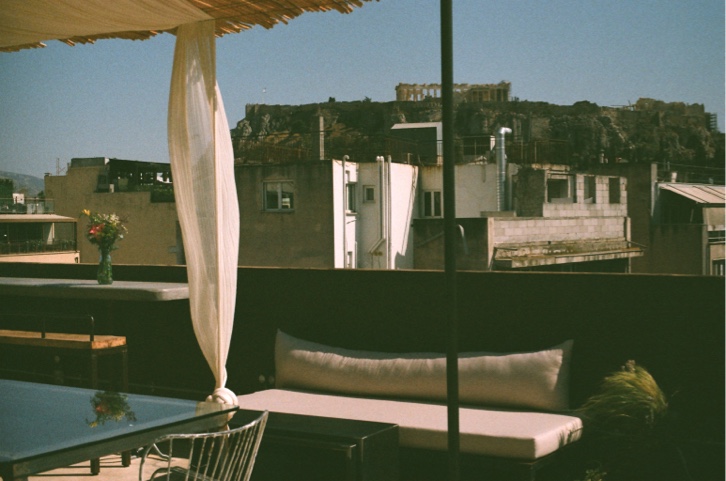
Located just minutes from Monastiraki Square, Mona offers seamless access to the city's cultural landmarks, thriving art scene, and buzzing nightlife, making it the ideal destination for visionaries, travelers, and event organizers alike.
✔ Corporate Meetings & Creative Workshops
✔ Pop-Up Shops & Brand Showcases
✔ Fashion Shoots, Film & Video Productions
✔ Art Exhibitions & Cultural Events
📩 For bookings & inquiries, contact: events@mona-athens.com

Copy of Pleated Feta Filo Pie & Green Tomato Chutney
Delphi
Delphi is one of the most important archaeological sites of Greece. Accordingly, it is featured in the itinerary of every traveler who is attracted to the oracle that influenced affairs around the Mediterranean for over a thousand years. It was a place of immense religious and political influence in ancient times, prompting private people as well as governments from Greece and abroad to seek it's consultation before undertaking any major personal or public initiatives.
Today, it is a well preserved and respected archaeological site that affords splendid views of both the cultural and physical landscapes of Greece.
History
Archaeologist have found evidence that the site of Delphi was inhabited as far back as the Neolithic era, and that by the end of the Mycenaean period (1600-1100 BCE) it had become an important religious and political center of influence. While the function of the oracle during prehistory is obscured by the lack of records, the importance of Delphi during historical times is well documented by a plethora of ancient writers and the rich archeological finds of the site.
Delphi was considered by the ancients to be the center (Omphalos = navel) of the world, and the oracle of Delphi was a religious center, most famous for its accurate predictions of the future. The oracles were given by Pythia, the priestess who muttered incomprehensible sounds in a state of trance, which in turn were translated in comprehensible language and give to those who made the pilgrimage in search of answers.
Common folk, generals, and kings alike, consulted the oracle of Delphi on matters of importance. Matters of importance ranged from mundane every-day family disputes, to the decision of a state to go to war with another, or to establish a colony. The reputation of Delphi crossed cultural boundaries, and throughout history it held amicable neutrality with its oracles. At the same time, the oracles of Pythia were notoriously ambiguous, and could be interpreted several different ways.
The sanctuary of Delphi spans with its influence the entire gamut of ancient Greek history as we know it. During the Mycenaean era between 1600 and 1100 BCE, Delphi was a place of worship of the Mother Earth deity (Ge), before it was converted to the place of worship of Apollo as the god of light, harmony and order at the end of the 11th c. BCE. Its influence grew over the next few centuries, and by the 8th c. BCE the oracle of Delphi had acquired international fame for its accurate predictions of the future.
Throughout ancient times entire communities placed their fate in the words of Pythia, and endless emissaries and worshipers flocked to the sanctuary with gifts and offerings in hoping for a favorable oracle. As a result, the sanctuary was teeming with valuable goods, and affluent states built and maintained elaborate treasuries to shelter the wealth. The treasuries of the Athenians and the one dedicated by the Syphnians are still well preserved on the site, and admired for their beautiful sculptural decoration.
The Pythian Games
As a place of pilgrimage, Delphi evolved to be hosting a conglomerate of cultural activities, ranging from poetry reading and theatrical plays, to athletic events similar to the Olympics, called the Pythian Games.
The Pythian Games took place every four years to honor Apollo, and hosted poetry and music competitions besides the staple of athletic events. It is believed that the games were first organized sometime in the 11th c. BCE, and included only musical contests, but by the 6th c. BCE, the games grew to include athletic events. The games ceased to take place in the 4th c. CE, but there was a small revival in the beginning of the 20th c. CE, when the Greek poet Angelos Sikelianos organized the Pythian games at Delphi once again.
The sanctuary remained an important place of worship during the Hellenistic and Roman eras, and it suffered several invasions and looting until it gradually lost its influence with the rise of Christianity.
Delphi Archaeological Site
Today, Delphi is one of the most attractive archaeological sites of Greece. Its rich grounds and museum represent classical antiquity with such clarity even the uninitiated visitor can grasp. Its importance as an archaeological site, coupled with its location at an idyllic landscape makes it one of the most visited sites of Greece.
Highligits of the archaeological site of Delphi include the Temple of Apollo, the Tholos, the theater, the stadium, and the treasuries of the Athenians and the Syphnias.
The temple of Apollo appears in ruinous state in the center of the sanctuary. Only a few of its Doric columns remain standing, but its imposing foundations are a visible reminder of the Temple’s splendor in ancient times. The present ruins of the temple date back to the 4th c. BCE.
The Tholos must be one of the most-photographed monuments of Greece, and it has become the trademark image that represents Delphi in many people’s minds.
It was a beautiful circular building at the center of the sanctuary of Athena Pronaia. It was built between 380 and 360 BCE, and only three of its original twenty Doric columns remain standing today.
Source: Greeklandscapes.com
The Dos and Don'ts Of Cooking With Greek Yogurt
Eat it straight or use it to enhance a dish, but learn how to cook with Greek yogurt properly! While we love it straight from under the parchment, cooking with Greek yogurt is another way to incorporate it into your diet. To avoid congealey failure and maximize delicious success, follow these tips.
Don'ts:
• Don't expect it to act just like regular yogurt - chiefly, don't bake with it unless it's thinned out and don't heat it quickly or the concentrated milk proteins will separate from the remainder of the whey, never to unite again. Temper it before adding it to a warm dish, and only then, right at the end.
• Don't try to make it before you've mastered regular yogurt, straining three times requires more effort and planning than you might think. Cool tip: big coffee filters.
Do's:
• Do substitute Greek yogurt for buttermilk or heavy cream, two things you might not readily have in your fridge (who has buttermilk in their fridge?) Just water it down slightly to match the consistency.
• Do put it in your ice cream maker, it freezes faster and creamier than regular yogurt. Plus the healthy bacteria will even survive a freezing!
To read more, please visit foodrepublic.com
Author: Jess Kapadia
Video: The Draconian Decision Of The German Drachma
What would happen if Germany was poor and Greece was rich? How would the Greek Cabinet deal with the request for a 100 Billion Euro request? This short film is set in Athens in 2019 using famous names from the looooong history of Greece (Alcibiades, Mercouri, Leonidas, Venizelos), this satirical film is a must.
It is also the second film in this series, the first will be released in March (yes we are playing the reverse).
By Billy Cotsis
7 Cool Things To See And Do In Athens
#1 Gypsy Market
#2 Strefi Hill
#3 Freeday Friday Bike Ride
#4 Romantso
#5 Faros Psychico
To read more, please visit: Urban Travel Blog
Greece Remains The Leading Ship-Owning Country
Greek Superfoods
Among the most flavorful Greek superfoods, Avgotaracho (bottarga) is also referred to as the “Greek Caviar”. Avgotaracho is made from cured grey mullet (kefalos, in Greek) fish roe which is encased in a coat of natural beeswax, which lets it to keep for several months. Avgotaracho is a protected designation of origin (PDO) product, and is produced in Kleisova and Bouka, the lagoons of the Messolongi-Etoliko area.
Greece has a beekeeping heritage that goes back thousands of years, in fact excavations at Phaistos revealed ceramic beehives dating back to the Minoan era. Containing more than 180 nutrients, honey is a food of high nutritional value let alone delicious taste; it is a great source of carbohydrates, antioxidants, B-complex vitamins, trace elements and minerals which contribute to everything from bone strength to a healthy metabolism.
Due to the great biodiversity of Greece–1,300 endemic plants and an exceptional variety of flowers, herbs and trees– Greek honey is exquisite in flavour, aroma and density and is considered among the best in the world.
Soft, white, and rind-less, anthotyro is made in most Greek regions with whey and sheep’s or goat’s milk, or a combination of the two. Anthotyro cheese is lightly salted and combines a delicious flavor with high nutritional value, providing the same nutrients as other dairy products but with less fat, and just 200 calories/100g.
The Greek Astrophysicist Behind The First Photo Of A Black Hole
To read this article in full, please visit: ellines.com
What Is The Green City Program & How To Participate
The process is very simple and can be completed in the following 5 steps:
Step 1: You arrive at the Mobile Green Point having in your possession the materials you wish to recycle, either separated by item in different bags, or the materials will be segregated on-site with the staff's assistance.
Step 2: You Register/Identify and receive your personal recycling card. (You can complete the registration/identification process here.)
Step 3: You hand over both the recycling card and the recyclable materials to the staff.
Step 4: The staff scans the card and weighs the materials. The appropriate points are transferred to your account, depending on the type and weight of the materials you recycled.
Step 5: The process is completed with the staff discarding the materials in the appropriate containers and you can see the renewal of your points.
The following items can be recycled:
- PET class plastics
- Glass
- Mixed Plastics
- Batteries
- Aluminum
- Edible Oils & Fats
- Ferrous Metals
- Electronic & Electrical Equipment
- Paper / Cardboard
- Clothes
If you wish to participate in the program, you can download The Greencity application, available on Google Play and App Store, in order to:
- become a member
- be informed about when there will be a Mobile Green Point in your Municipality
- see the points you have collected
- learn about offers and discounts you can redeem
For more information please visit: thegreencity.gr


